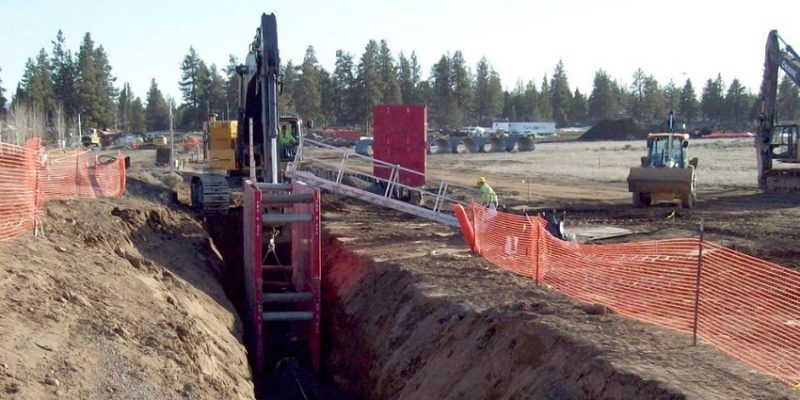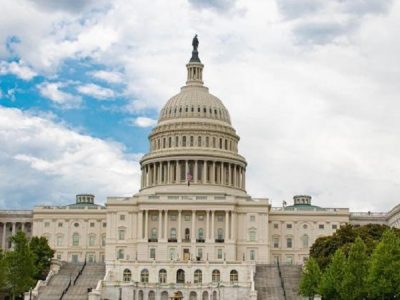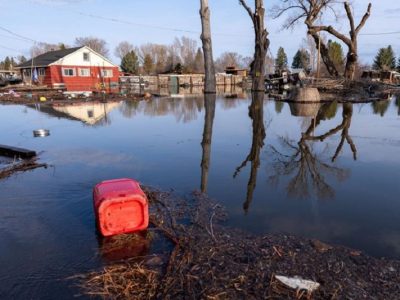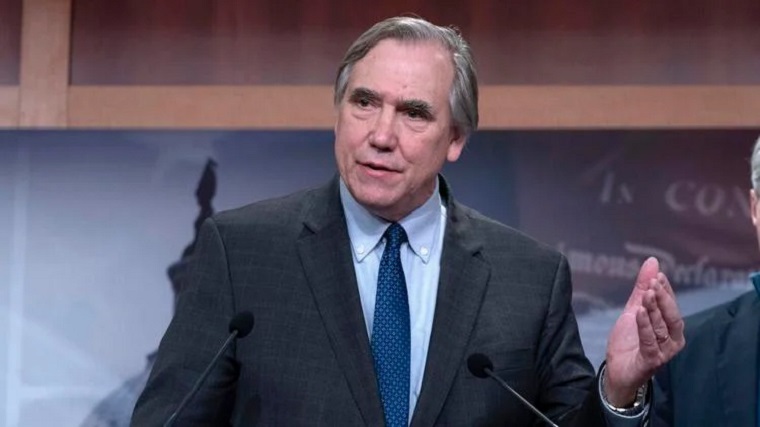
Bend, OR– City leaders from across Oregon gathered earlier this week for their biannual “City Day” at the state Capitol, where they outlined a series of legislative priorities aimed at addressing some of the most pressing challenges facing local governments. The cities are calling on the Oregon Legislature to increase funding for infrastructure projects, including roads, water systems, and sewers, while also seeking greater authority to manage local issues such as homelessness. Additionally, they are advocating for more flexibility in the use of hotel tax revenue to support basic services in their communities.
At the heart of the request is the growing need for cities to manage the infrastructure demands created by population growth and the ongoing housing crisis. Leaders emphasized that while the state has made strides in addressing these issues, local governments are often at the forefront of responding to daily challenges like repairing roads or providing vital utilities. Increased funding and decision-making authority would allow cities to better respond to these needs, they argue.
“Cities are the ones who see firsthand the challenges of maintaining essential services and addressing community needs,” said one city official. “By giving us more flexibility and more resources, we can better address the unique needs of our communities.”
Another major priority for city officials is the issue of homelessness. Oregon’s homelessness crisis has become a central focus of public discourse, with cities across the state struggling to manage encampments and provide shelter for displaced individuals. The city officials are pushing for greater power to remove homeless camps from public spaces, citing concerns over public health and safety. However, this proposal has faced criticism from advocates for the homeless, who warn that it could lead to further displacement without offering lasting solutions.
The request for greater control over hotel tax revenues is seen as a way to help cities fund basic services like public safety, homelessness services, and infrastructure maintenance. Currently, hotel tax revenue in many cities is earmarked for tourism-related activities, but officials argue that allowing more flexible spending would enable them to better address local priorities.
However, the proposals made during the event were somewhat overshadowed by the announcement that the Trump administration plans to immediately cut funding that many states and cities rely on for various public programs. These funding cuts, which had been delayed due to ongoing court battles, are expected to have significant implications for local governments that are already grappling with limited budgets and rising costs.
Despite the uncertainty surrounding federal funding, city officials remain hopeful that the state Legislature will take their concerns seriously. As Oregon faces growing infrastructure needs and an increasing demand for services, local leaders are hoping to gain more support and resources to tackle the challenges ahead.
As discussions continue at the Capitol, the coming months will reveal whether state lawmakers will act on the cities’ requests or whether the looming federal funding cuts will force Oregon cities to find alternative ways to fund critical services.












